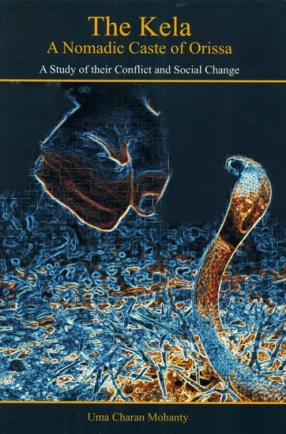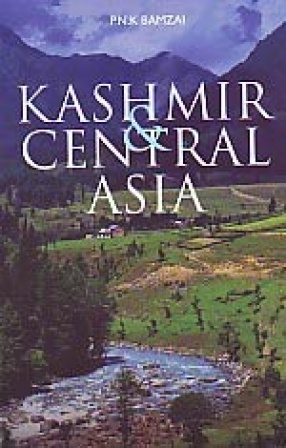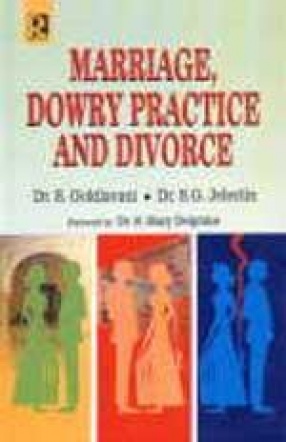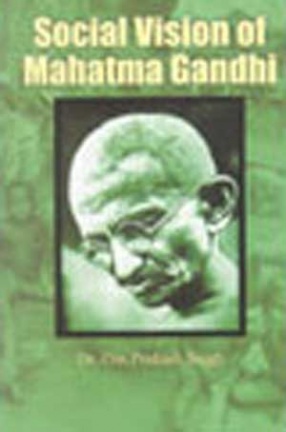This monograph provides a vivid socio- economic account of a nomadic community, the Sapua Kelas or the snake-charmers of Orissa. Of all the nomadic castes and communities of Orissa, the Sapua Kelas have, perhaps, a unique traditional social organization and interesting lifestyle. Amidst the sweeping social, economic and political changes, the Kela community has retained its features of traditional caste system and is undergoing a process of social mobility which is closely related to the traditional caste system where both endogenic and exogenic factors come to play.
The book meticulously deals with the social, economic, political and cultural facets of the Kela life, their problems in life and how they solve them. It uncovers the romantic life of the Kelas, their family organization, gender issues, the significance and impact of their leadership and caste panchayats, their harmless deceptive methods for earnings and their simple but unique lifestyle. It also delves deep into the perception of outsiders about the Kela life, especially their free love and of the non- hesitancy of the Kela women in divorcing their life partners.
This, once an untouchable community’s struggle for social mobility, is still an ongoing process. From a nomadic and semi-settled lifestyle, with the advent of the democratic institutions, the Kelas have got a new scope for political and social participation, enabling them to look beyond their traditional occupation of snake-charming, and thus attuning their lifestyle to that of the surrounding population. The book is, therefore, an attempt to show how the nomadic folk society of the Kelas is marching towards the settled life of the Indian peasantry, causing their cultural traits vanishing fast, in favour of the neighbouring culture of the other castes.





There are no reviews yet.